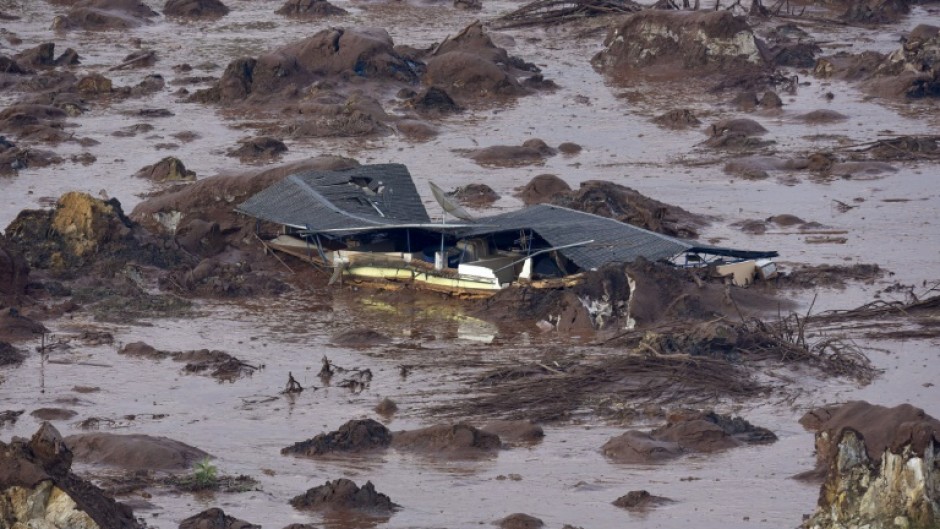LONDON - Australian mining giant BHP goes on trial on Monday over one of Brazil's worst environmental disasters, potentially triggering billions of dollars in compensation to be shared among hundreds of thousands of plaintiffs.
The High Court in London will examine over several months whether BHP was partly liable for the 2015 collapse of a dam at a mining waste site in Brazil.
The rupture killed 19 people and unleashed a deluge of thick toxic mud into villages, fields, rainforest, rivers and the ocean.
The Fundao tailings dam at an iron ore mine in the mountains of Minas Gerais state was managed by Samarco, co-owned by BHP and Brazilian miner Vale.
At the time of the disaster, BHP had global headquarters in the UK as well as in Australia.
A separate case in Brazil has seen Vale and BHP offer to pay almost $30-billion in compensation.
Vale has offered to share any compensation BHP ends up paying as a result of the London trial.
Tom Goodhead, of law firm Pogust Goodhead which brought the case, told a news conference last week that the London trial was the culmination of a six-year UK legal battle.
The tragedy in the town of Mariana unleashed a torrent of almost 45 million cubic metres of highly toxic mining waste sludge, flooding 39 towns and leaving more than 600 people homeless.
The flood killed thousands of animals and devastated protected areas of tropical rainforest.

The amount of damages sought in the upcoming civil trial is estimated at a total £36-billion, on behalf of more than 620,000 plaintiffs, including 46 Brazilian municipalities, companies and indigenous peoples.
The hearing, set to last until early March, must determine BHP's potential liability surrounding the disaster.
If it is found to be liable, another UK trial should take place from October 2026 to determine the amount of damages.
BHP has said the London court case is unnecessary because of ongoing legal procedures in Brazil.
The company estimated that more than 200,000 plaintiffs in the London case had already been compensated.
BHP added that the Renova Foundation, which manages the compensation and rehabilitation programmes, has already paid out more than $7.8-billion in emergency financial aid.
The Australian mining giant said the quality of river water contaminated by the fallout has returned to pre-disaster levels.
However, a scientific paper published this year in the Franco-Brazilian geography review Confins said the dam rupture had caused "permanent effects of pollution" on the river Doce and its coastal plain.

